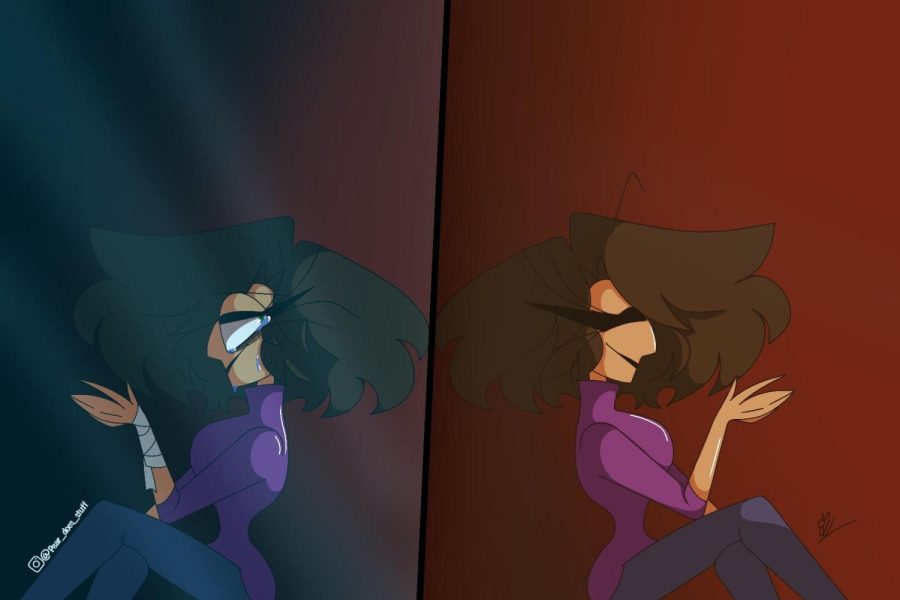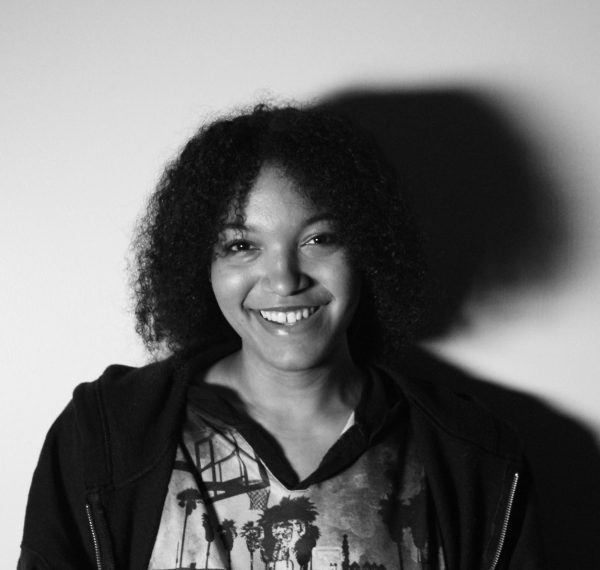Opinion: Stop making trauma trendy
When people share their traumas online as a coping mechanism, it may trigger unintended and even harmful consequences
People may have all kinds of reasons for sharing their traumas on social media. For example, it might help them process the trauma or find support. Still, the habit can be unhealthy and lead to unexpected consequences.
May 10, 2022
A student makes a post on TikTok laughing about their failing grades, while another student views the video wondering why it has so many likes and people joking in the comments. Is this just a coping mechanism for kids to deal with problems or are they trying to make trauma trendy?
The social media atmosphere has become seemingly more negative as kids begin to make the wrong things trend. Moving past, normalizing or even romanticizing things like mental health, bad school behavior, or just unhealthy habits can leave negative effects on a student depending on possible triggers or continuously seeing trauma that they may go through being blown over.
When many kids seem to have failing grades, or when everyone in a group of friends has mental troubles, it shouldn’t be normalized or blown over because of the impact it can have on the people involved. When these situations are joked about, or not taken with more than a grain of salt, it makes a student less likely to receive help for their problems because “everyone has to deal with it”.
Romanticizing things like drug usage or being in fights make it more likely for kids to want to partake in those activities. People want to fit in with their peers, and when things like this are always talked about or done, they’re going to do things in order to relate to their group.
But is it healthy to share trauma online? Shouldn’t we wear our trauma on our sleeves and use it to show people where we’ve come from?
Honestly, it can be beneficial to share our trauma and problems online. However, it’s not as simple as that; there should be certain safe places to share and discuss things. The problem mostly lies in the way people react to what someone talks about. For example, when a school fight happens, people just discuss who it was, why it happened, and who “won.”
To work towards a more proactive and listening society, we need to stop minimizing individual problems and get each other’s peers some help who aren’t able to get it for themselves. Struggles shouldn’t be used as a “one-up” game, everyone’s situation is unique, and maybe making “helping one another” trendy is the right step.












